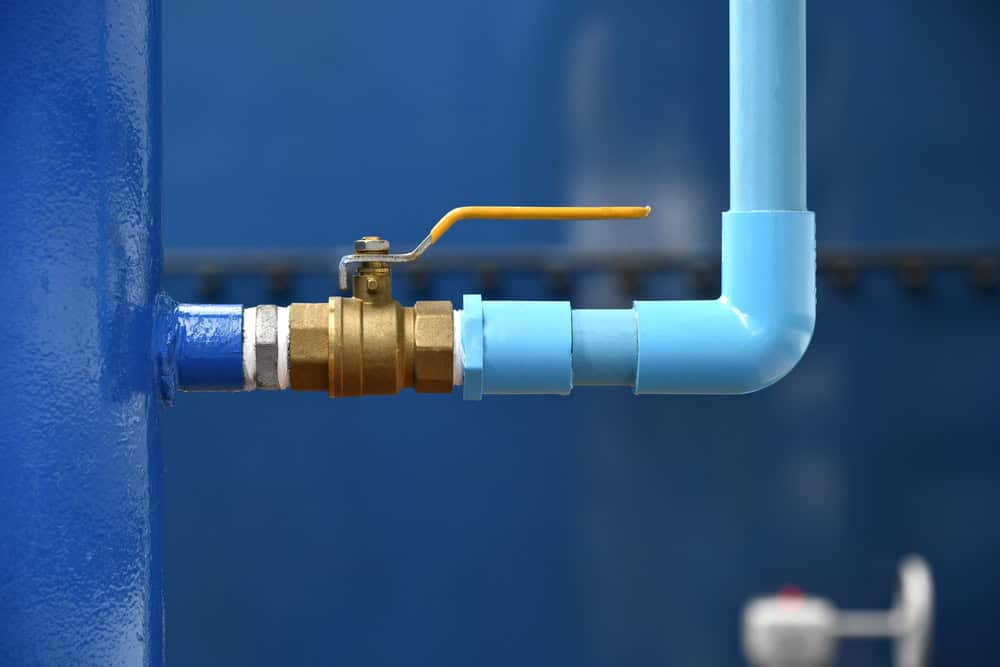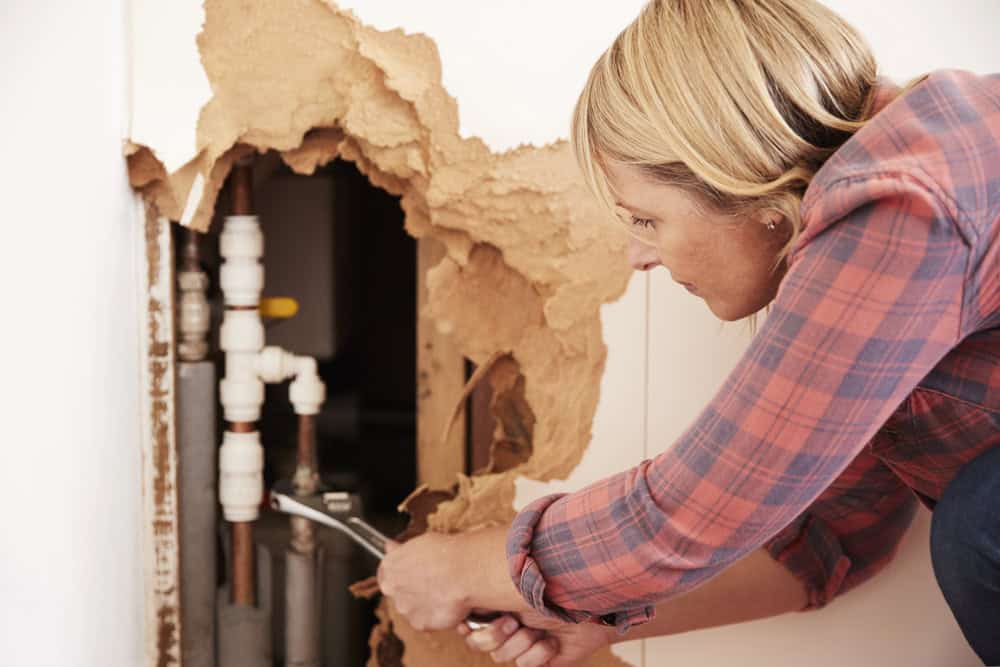Burst pipes can cause considerable damage to your home, leading to costly repairs and insurance claims.
Knowing how to prevent and address these issues is essential for any homeowner.
This guide covers various strategies for prevention and effective steps for repair when things go wrong.
Understanding Burst Pipes
Burst pipes typically occur due to freezing temperatures, excessive pressure, or corrosion.
When water freezes, it expands, applying pressure on the pipe walls, which can lead to cracks or complete breakage.
In older homes, corroded pipes may weaken over time, making them more susceptible to bursting.
If you’re worried about potential burst pipes in your home, consulting a lubbock plumber for an inspection might give you peace of mind before the cold sets in.
The most common indicators of a burst pipe include sudden drops in water pressure, unexplained wet spots on walls or floors, and unusual sounds coming from the plumbing system.
Quick action is necessary, as these problems can escalate rapidly.
Preventing Burst Pipes in Winter
Insulate Pipes
One of the simplest ways to prevent burst pipes is to insulate them. Foam pipe insulation is readily available and easy to install.
Focus on areas exposed to the cold, such as basements, attics, and exterior walls. Don’t forget to insulate any crawl spaces and unheated garages.
Keep the Heat On
Maintaining a consistent temperature within your home is vital during frigid weather.
Even if you travel, set your thermostat to a temperature no lower than 55°F (about 13°C). This simple action helps prevent the water in your pipes from freezing.
Let Faucets Drip
On particularly cold nights, allow a slow drip from faucets connected to pipes on exterior walls.
This action relieves pressure in the system and reduces the chances of ice forming inside the pipes.
Seal Cracks and Openings
Inspect your home for any cracks, gaps, or openings where cold air may enter. Seal these with caulk or insulation material.
Pay attention to areas around windows, doors, and where pipes enter your home. Every little bit helps keep the cold air at bay.
Regular Maintenance Checks
Routine maintenance can save you a world of trouble. Regularly check your plumbing system for signs of wear and tear.
Look for leaks, corrosion, or any unusual sounds in the pipes. If you’re not comfortable doing this yourself, consider hiring a professional plumber for an annual inspection.
Water Pressure Management
High water pressure can lead to stress on your pipes, making them more likely to burst. Install a pressure regulator if your water pressure exceeds 60-70 psi.
This small device can mitigate the risk of sudden bursts and prolong the life of your plumbing system.
What to Do When a Pipe Bursts

Shut Off the Water Supply
If you suspect a burst pipe, immediately turn off the main water supply. This action helps minimize water damage while you investigate the situation.
Locate the shut-off valve—usually found near the water meter or where the main line enters your home.
Drain the System
Once the water supply is off, open faucets throughout the house to drain any remaining water in the pipes.
This process will relieve pressure and prevent further leaks while you work on repairs.
Locate the Burst
Inspect areas where you suspect the burst pipe may be located. Look for wet spots on floors, walls, or ceilings.
If the location isn’t immediately clear, you might need to do some detective work. A moist wall or an expanding bubble in paint can provide clues.
Temporary Fixes
If you can identify the burst pipe, a temporary fix might involve using plumber’s tape or a pipe clamp.
Wrap the damaged area tightly to reduce leaks until you can implement a more permanent solution. Use towels or buckets to catch any drips during this time.
Permanent Repairs
Patching the Pipe
If the burst is relatively small, you might be able to patch it. Cut out the damaged section and replace it with a new piece of pipe.
Use soldering or compression fittings to secure the new piece in place. This task requires some plumbing knowledge, so consult a professional if you’re unsure.
Full Replacement
In cases of severe damage or corrosion, replacing the entire section of pipe may be necessary.
This involves cutting out the damaged area and replacing it with new piping.
Choose materials carefully; for example, PEX or copper pipes are popular options due to their durability.
Calling a Professional
If the burst is beyond your skill level, don’t hesitate to call a plumber. Professionals have the tools and expertise to handle complex repairs quickly and safely.
They can also offer advice on future prevention.
Dealing with Water Damage
Assessing Damage
Once repairs are made to the pipe, assess any damage caused by water. Check for mold growth, warped flooring, or damaged drywall.
Depending on the extent of the damage, you might need to replace materials or call in a restoration service.
Mold Prevention
Water damage can lead to mold growth within 24-48 hours. To prevent this, dry the affected areas as quickly as possible.
Use fans, dehumidifiers, and open windows to promote airflow. If mold is visible, consider using a bleach solution or a commercial mold remover.
Insurance Claims
If the damage is substantial, you may need to file an insurance claim. Document all damages with photos and notes.
Contact your insurance company for guidance on the claims process. Having comprehensive records can expedite your claim.
Monitoring Your Plumbing System
Install a Leak Detection System
Consider investing in a leak detection system, which can alert you to leaks early.
These systems can send notifications to your smartphone, allowing for quick action before significant damage occurs.
Smart Thermostats
Smart thermostats can help by allowing you to control your home’s temperature remotely.
If you travel frequently, this can ensure that your home stays warm even when you’re not there.
Regular Inspections
Set reminders for regular plumbing inspections. Checking your plumbing system every few months can catch potential issues before they escalate.
Just like maintenance on a car, proactive measures can prolong the life of your plumbing.



